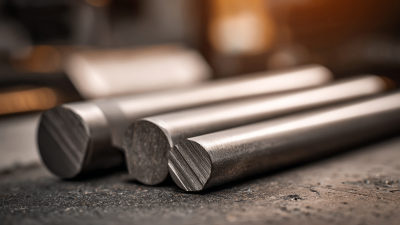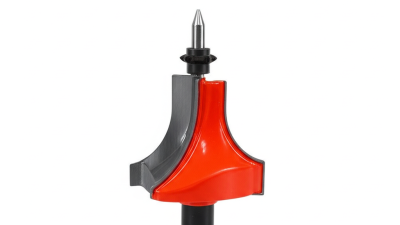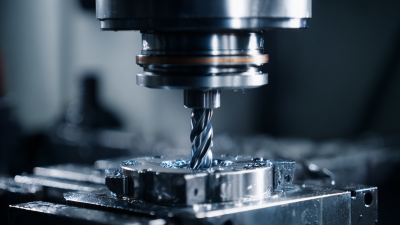SUNDI TOOLS
- Copyright © Wuxi Sundi Precision Tools Co.,LTD All rights reserved.
- Site Map
Selecting the right hole reamer is crucial for achieving precision and efficiency in various machining applications. Whether you're a seasoned professional or a DIY enthusiast, understanding the nuances of hole reamers can significantly impact the quality of your work. In this comprehensive guide, we will delve into the essential factors to consider when choosing the perfect hole reamer for your specific needs. From material types and cutting geometries to size selection and maintenance tips, we’ll provide expert insights that equip you with the knowledge necessary to make informed decisions. Join us as we explore the world of hole reamers, ensuring that you not only enhance your machining capabilities but also achieve precise and reliable results in every project you undertake.
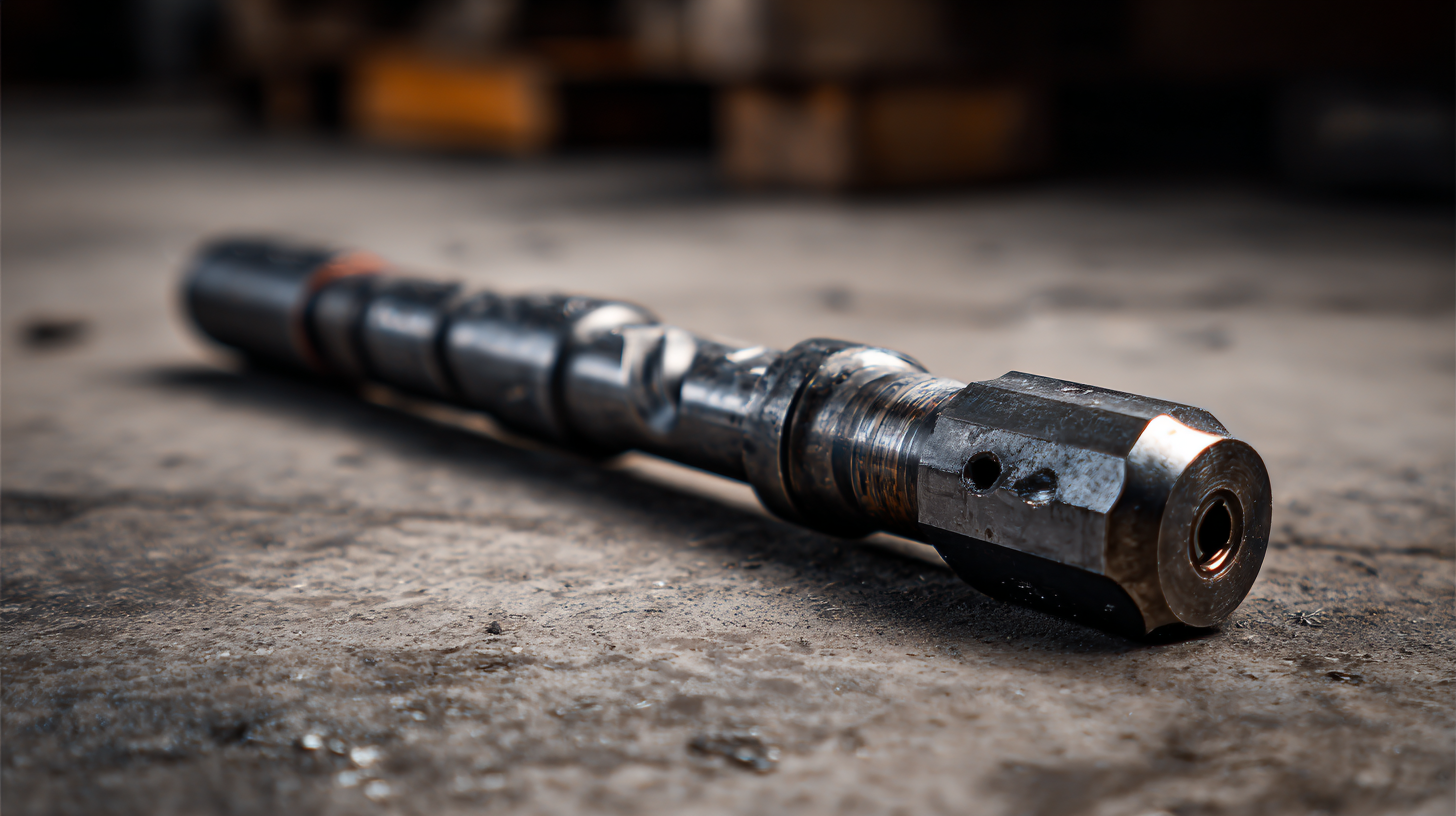
Choosing the right hole reamer is crucial for achieving optimal results in drilling applications. Understanding the different types of hole reamers available can significantly enhance performance in a variety of tasks. One popular option is the solid-carbide reamer. Although the upfront costs are higher compared to high-speed steel (HSS) alternatives, solid-carbide reamers offer superior durability and productivity, making them a worthwhile investment for many industries.
Another innovation in hole reaming is the Near Bit Reamer (NBR), designed for efficiency by allowing continuous drilling while under-reaming oversized holes. This short, fully-stabilized tool streamlines operations, proving to be more effective than some traditional bi-center bits. Furthermore, the field of underreaming boasts a plethora of applications, with advancements like reaming wing tools providing options for various drilling conditions. Ultimately, selecting the appropriate boring or reaming tool hinges on understanding the specific application requirements, ensuring that you achieve the best finish possible.
When selecting the right hole reamer for your project, there are several key factors to consider. First and foremost, the material compatibility should be assessed. According to a report by the International Organization for Standardization (ISO), over 40% of reamer failures are attributed to material mismatches. For instance, high-speed steel reamers are suitable for softer materials, while carbide or high-performance steel options are better for harder alloys. Understanding the material properties will significantly enhance the longevity and efficiency of the tool.
Another critical factor is the precision and tolerance required for your project. A survey by the Precision Machined Products Association (PMPA) indicates that projects requiring tolerances within 0.001 inches benefit from using specialized precision reamers. Such precision reamers often come with tighter manufacturing tolerances, which ensure that the finished hole meets the necessary specifications. Additionally, evaluating the cutting geometry and fluting design plays a vital role in determining the reamer's cutting efficiency and chip removal capability, directly impacting the overall productivity of your machining operation.
When it comes to maintaining and caring for your hole reamer tools, understanding the nuances of the technology is crucial. With solid-carbide reamers gaining traction for their superior productivity, it's important to recognize that while they come with a higher price tag, the longevity and efficiency they provide make them a sound investment in the long run. Proper maintenance can further enhance their performance, ensuring they deliver high-precision holes with excellent surface finishes.
Tips for caring for your reamers include regular inspections for wear and tear, as well as proper storage when not in use. A recent industry report suggests that reamers can achieve 20% longer life with routine cleaning and timely replacement of worn heads. Additionally, when reaming nickel-base alloys, adopting a slow and steady approach can dramatically impact productivity and the quality of the finished hole. Ensuring that your reaming process incorporates the latest technology and best practices can lead to significant improvements in overall performance.
To maximize the effectiveness of your hole reamer tools, consider investing in modular options that offer flexibility for various applications. Recent advancements in steerable hole-enlargement technology indicate that precision drilling in complex scenarios is more achievable than ever, as they accommodate the demanding requirements of modern drilling challenges. By integrating these expert tips and industry insights into your maintenance practices, you can enhance the longevity and performance of your hole reamer tools.
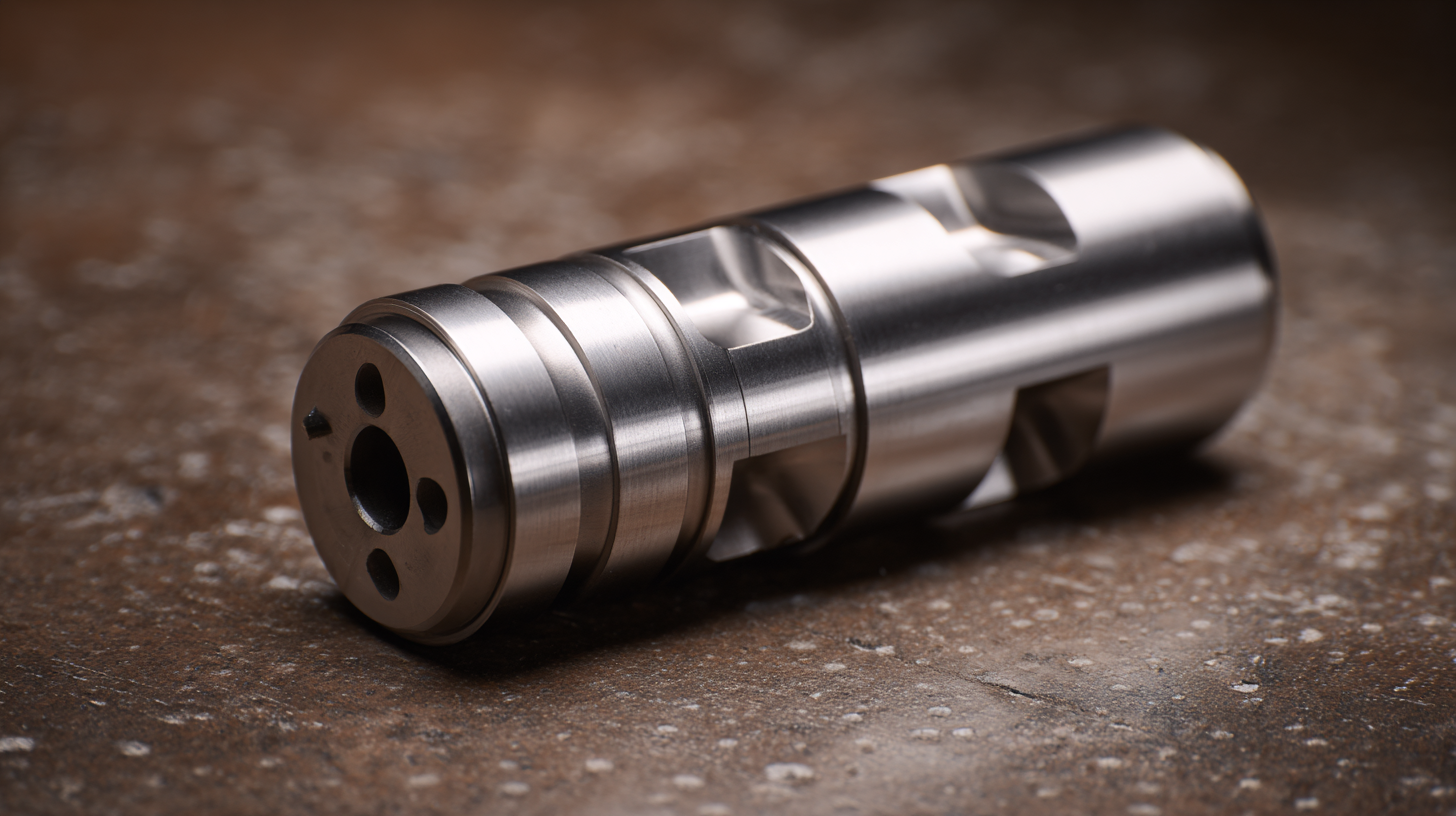
When selecting a hole reamer, many professionals make common mistakes that can lead to costly errors and inefficiencies in their projects. One prevalent mistake is overlooking the material compatibility. According to a recent industry report, using a reamer made from an incompatible material can reduce tool life by up to 30% and may lead to dimensional inaccuracies. Always ensure the reamer's material is suitable for the specific application and the workpiece material—this can significantly enhance performance.
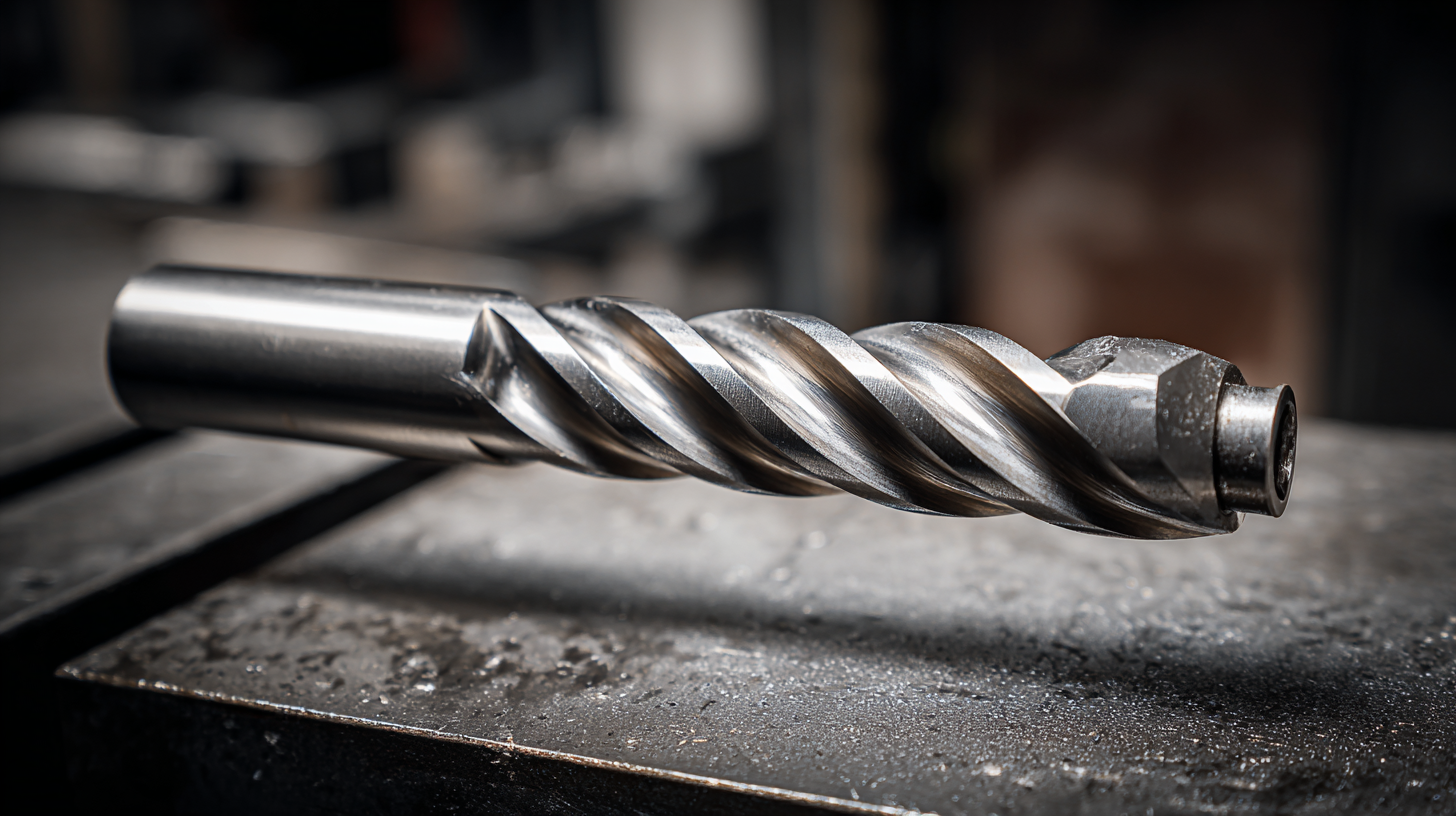
Another frequent pitfall is disregarding the importance of the reamer's size and tolerance. A study conducted by the Precision Tooling Association indicates that nearly 25% of reaming failures stem from incorrect sizing, which can cause excessive wear or damage to both the tool and the workpiece. Utilize precise measuring tools and double-check sizes prior to making a purchase.
Tip: Always consult technical data sheets for specific tolerances and materials to confirm the reamer's suitability for your needs. Another useful recommendation is to look for reamers with additional coatings, which can improve durability and reduce friction, ultimately leading to more efficient machining operations.
In the ever-evolving world of manufacturing and machining, the technology surrounding hole reamers is advancing rapidly. Recent trends illustrate a shift towards high-performance materials, such as carbide and polycrystalline diamond, which enhance durability and extend tool life. This evolution allows manufacturers to achieve tighter tolerances and smoother finishes, meeting the demands of precision engineering in various industries, from aerospace to automotive.
Innovation doesn’t stop at material science. The integration of advanced coatings and surface treatments is becoming increasingly common, reducing friction and wear while improving chip removal processes. Furthermore, the rise of smart technologies, including IoT-enabled tools, is paving the way for better monitoring and automation in machining operations. As manufacturers seek greater efficiency and accuracy, understanding these trends and embracing the latest innovations in hole reamer technology is crucial for maintaining a competitive edge in today’s market.
| Type of Hole Reamer | Material | Typical Applications | Diameter Range (mm) | Average Cost (USD) |
|---|---|---|---|---|
| Straight Flute Reamer | High-Speed Steel | General purpose reaming | 3 - 20 | $40 - $100 |
| Tapered Reamer | Carbide | Bushing and pin fitting | 10 - 30 | $60 - $150 |
| Adjustable Reamer | Tool Steel | Precision reaming | 5 - 25 | $80 - $200 |
| Spiral Flute Reamer | Cobalt | Metalworking and machining | 4 - 22 | $50 - $120 |
| Screw Machine Reamer | HSS | Mass production assembly | 1 - 16 | $30 - $80 |

